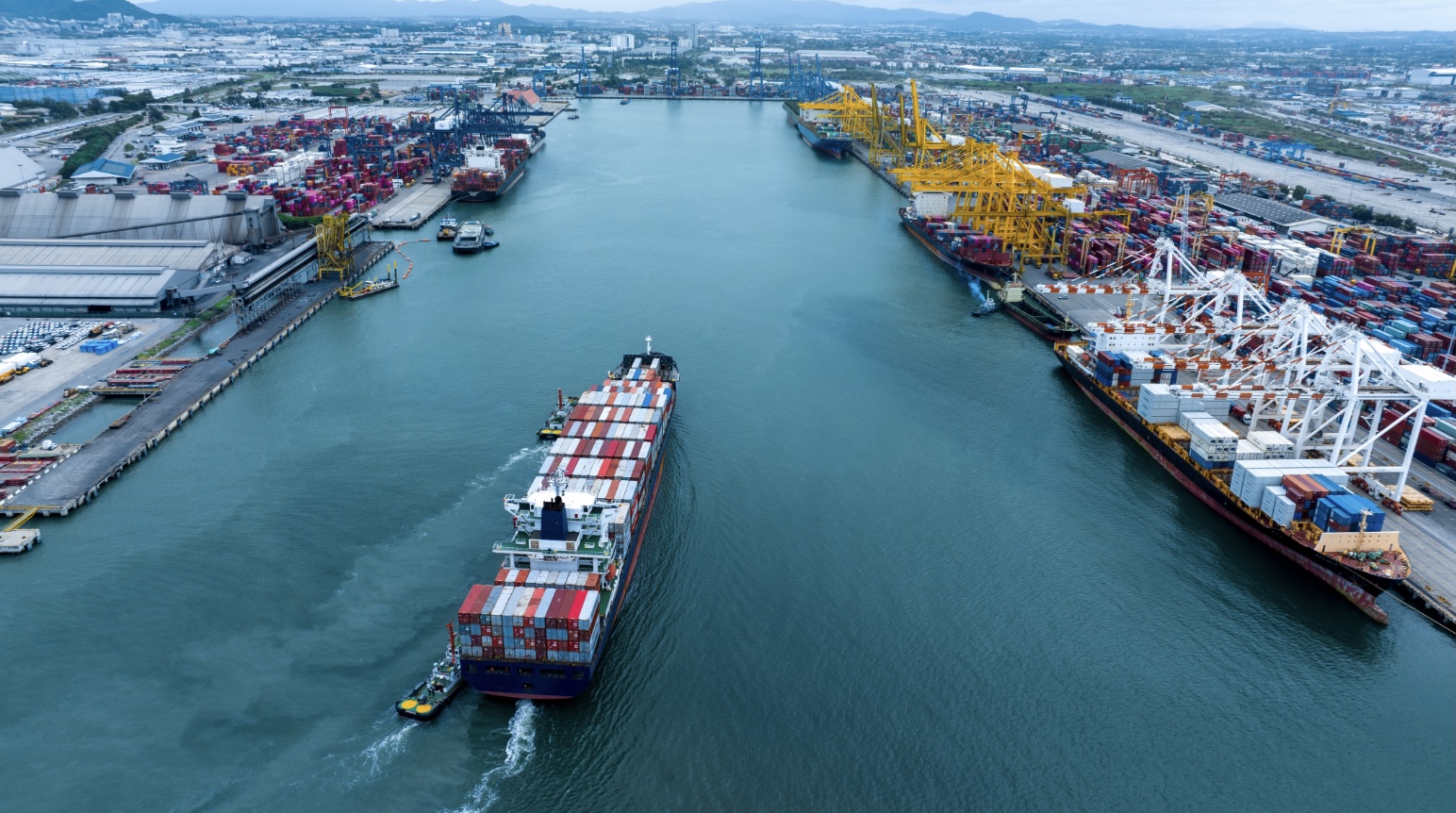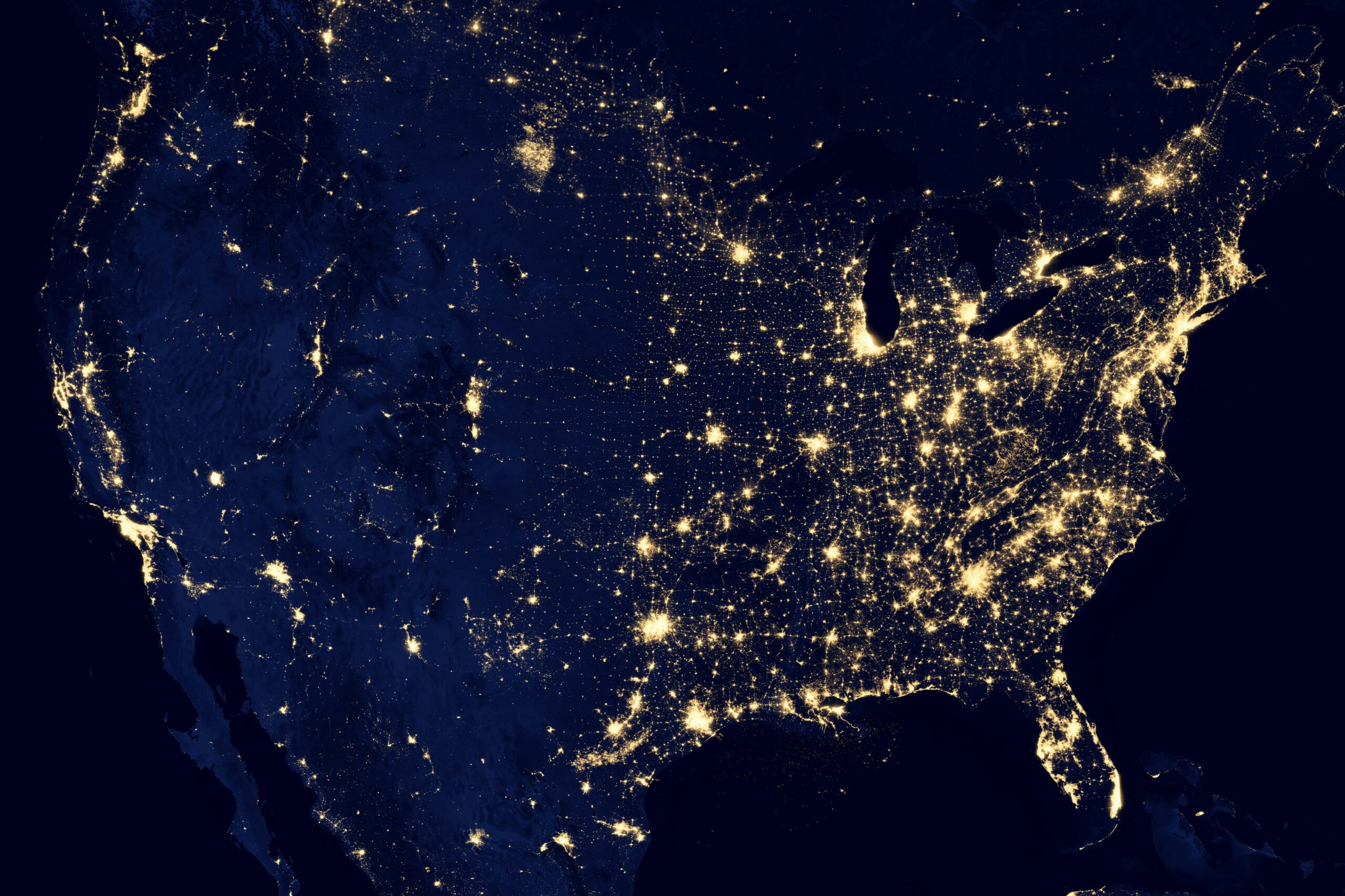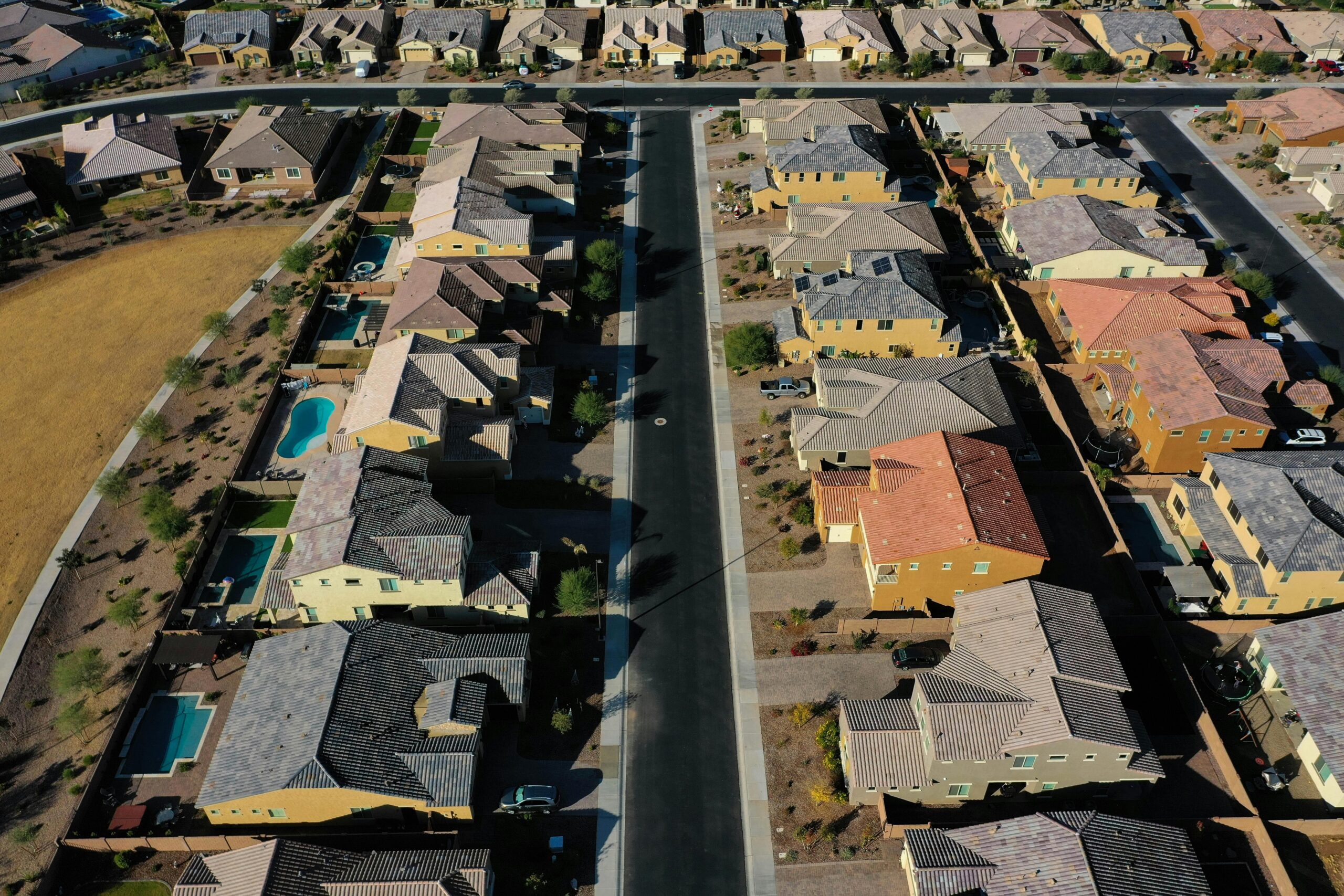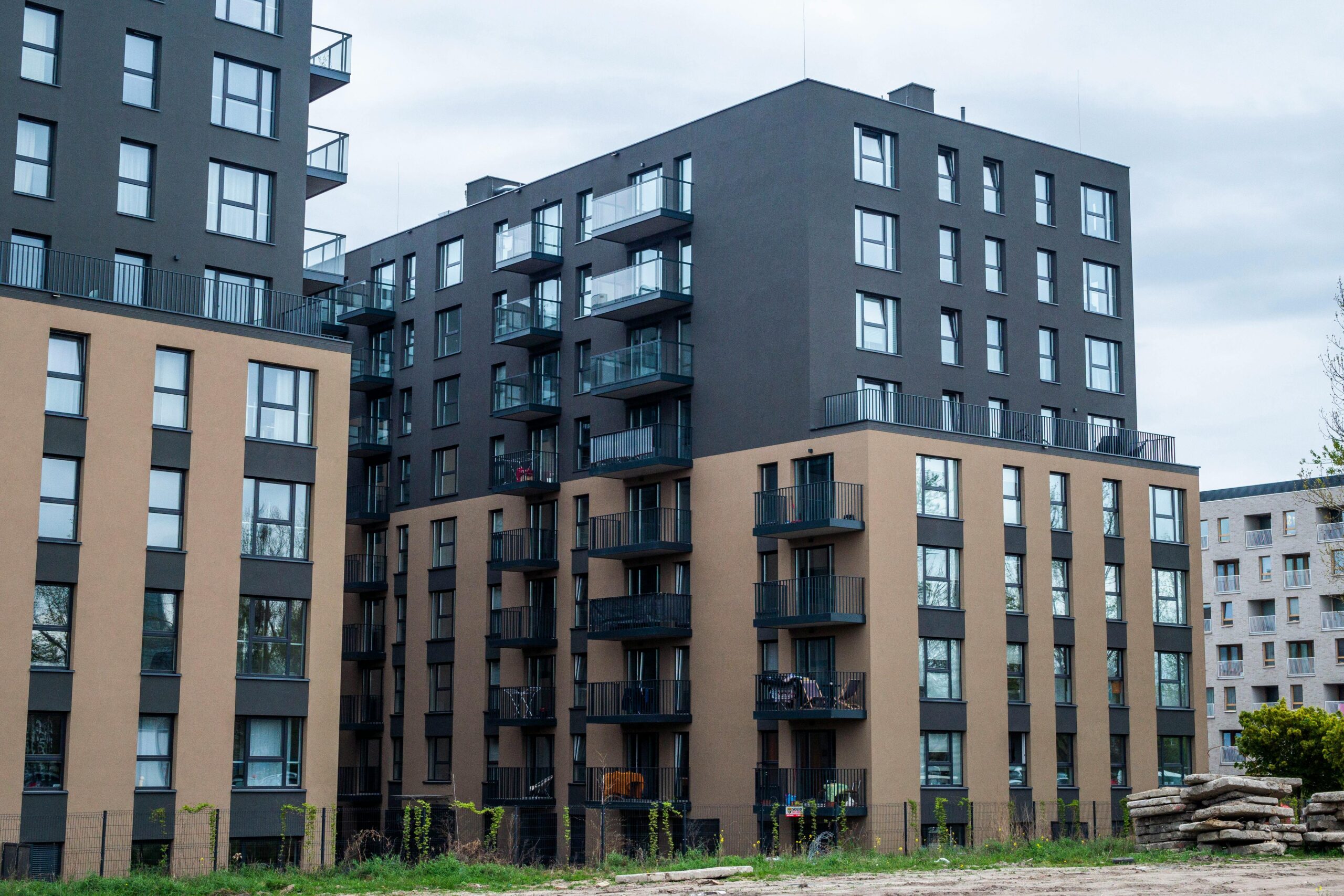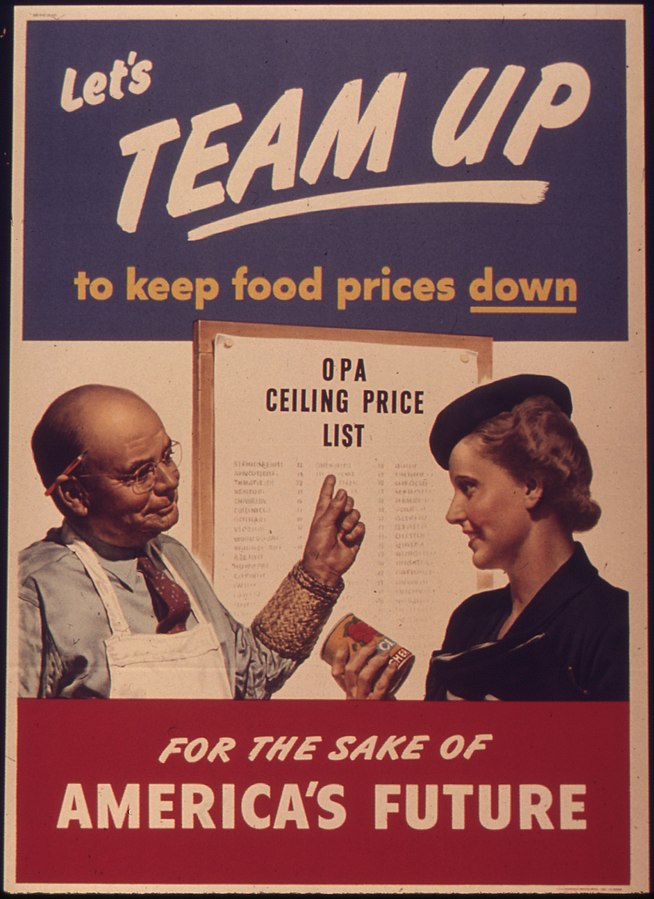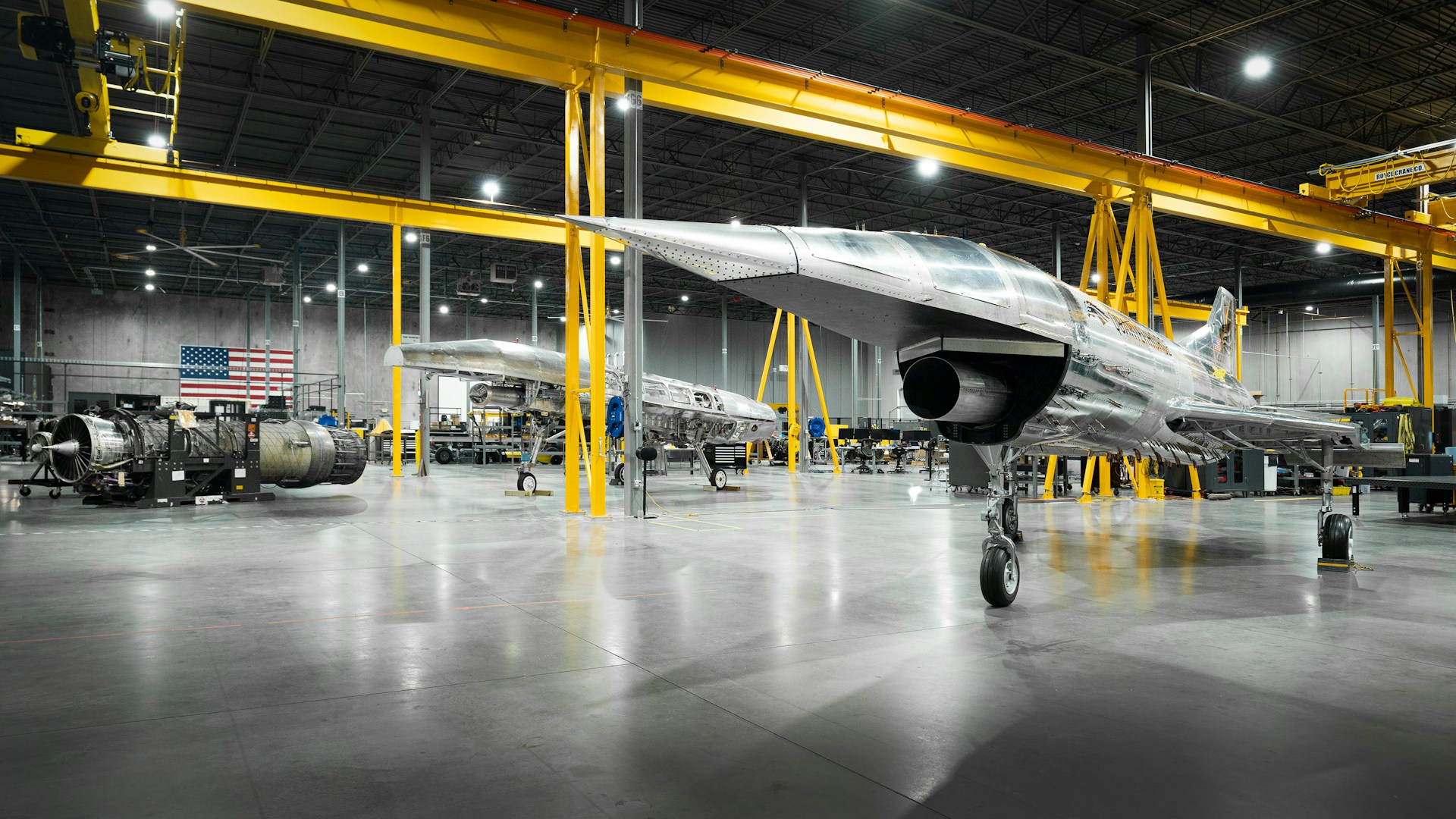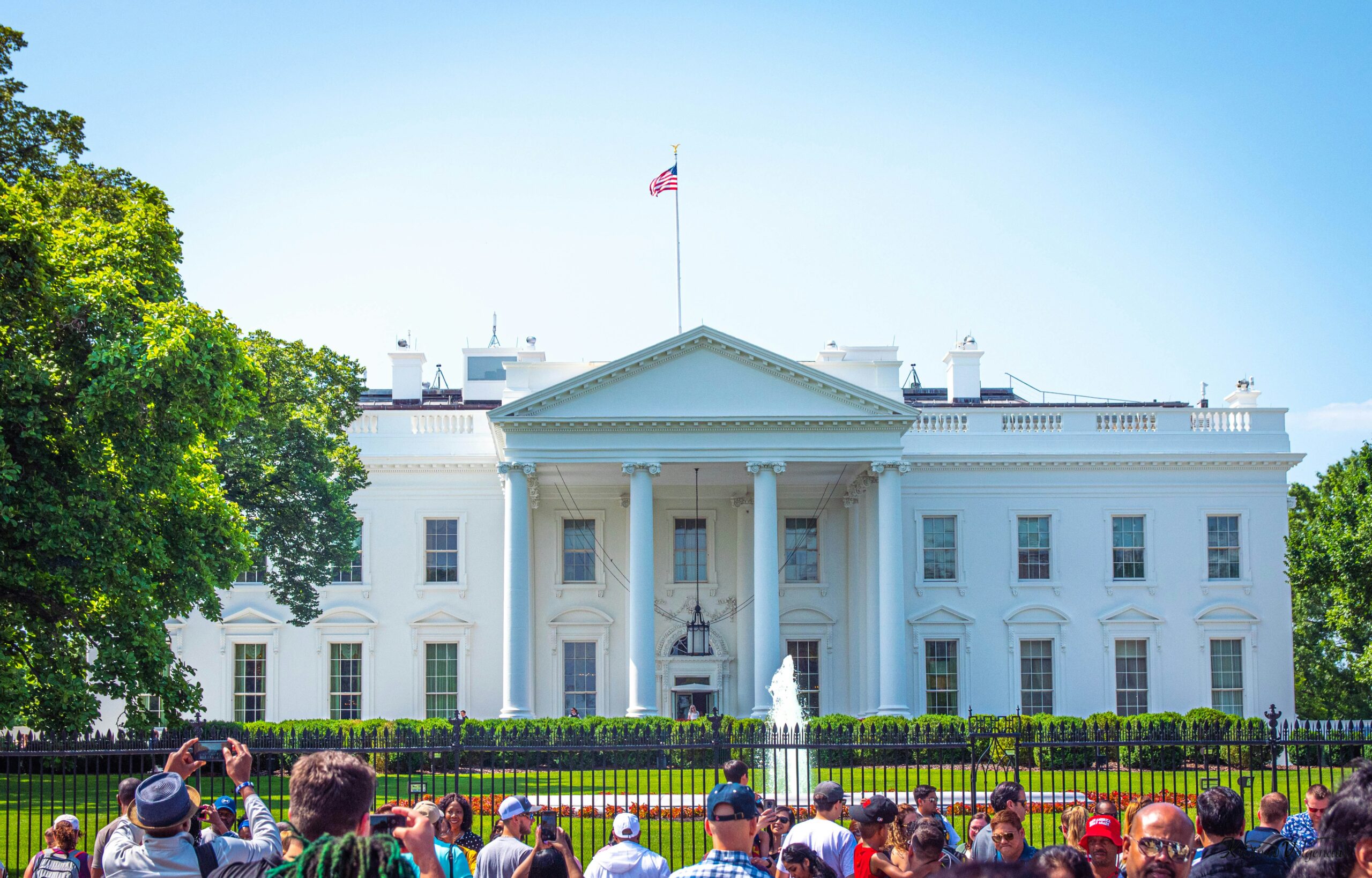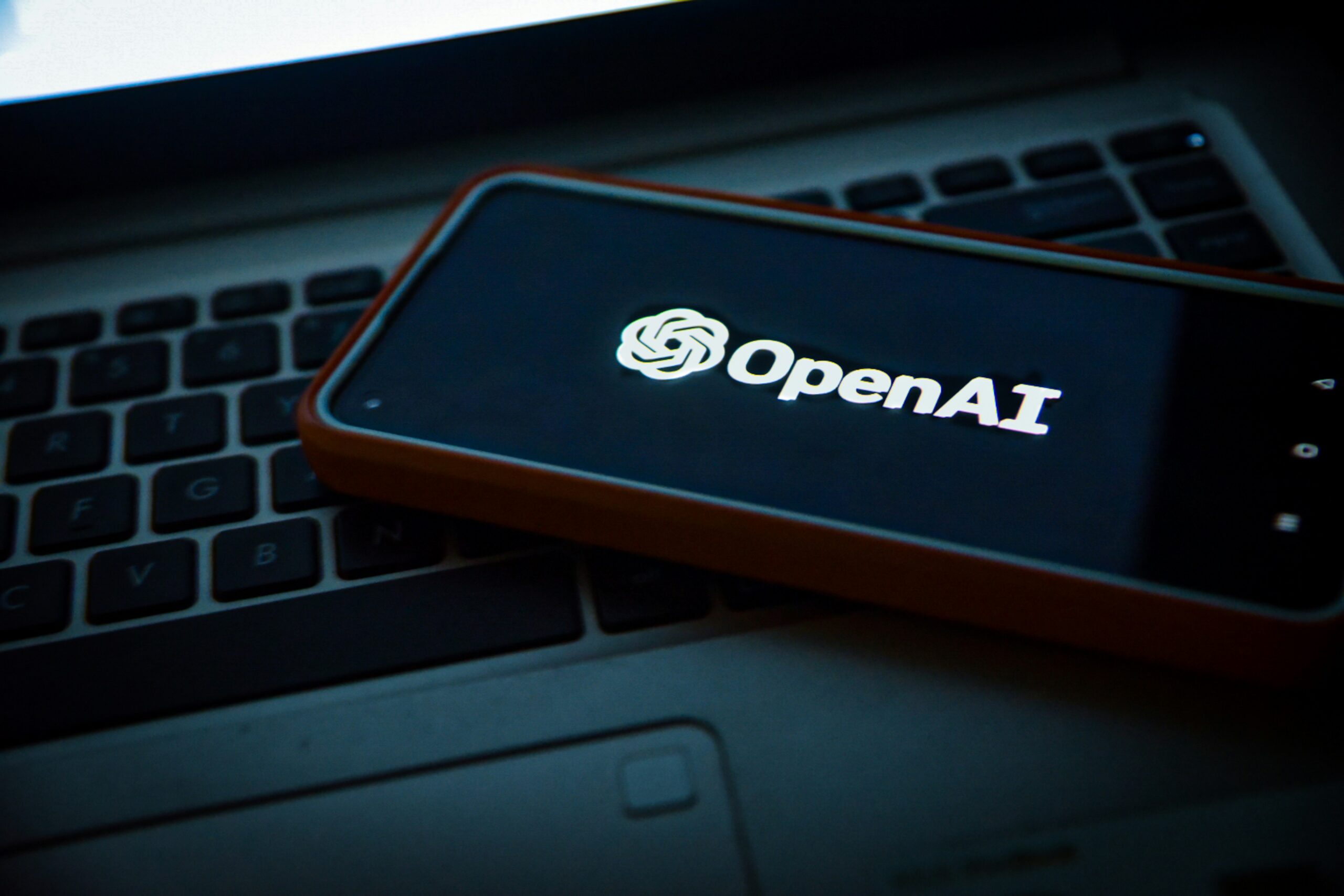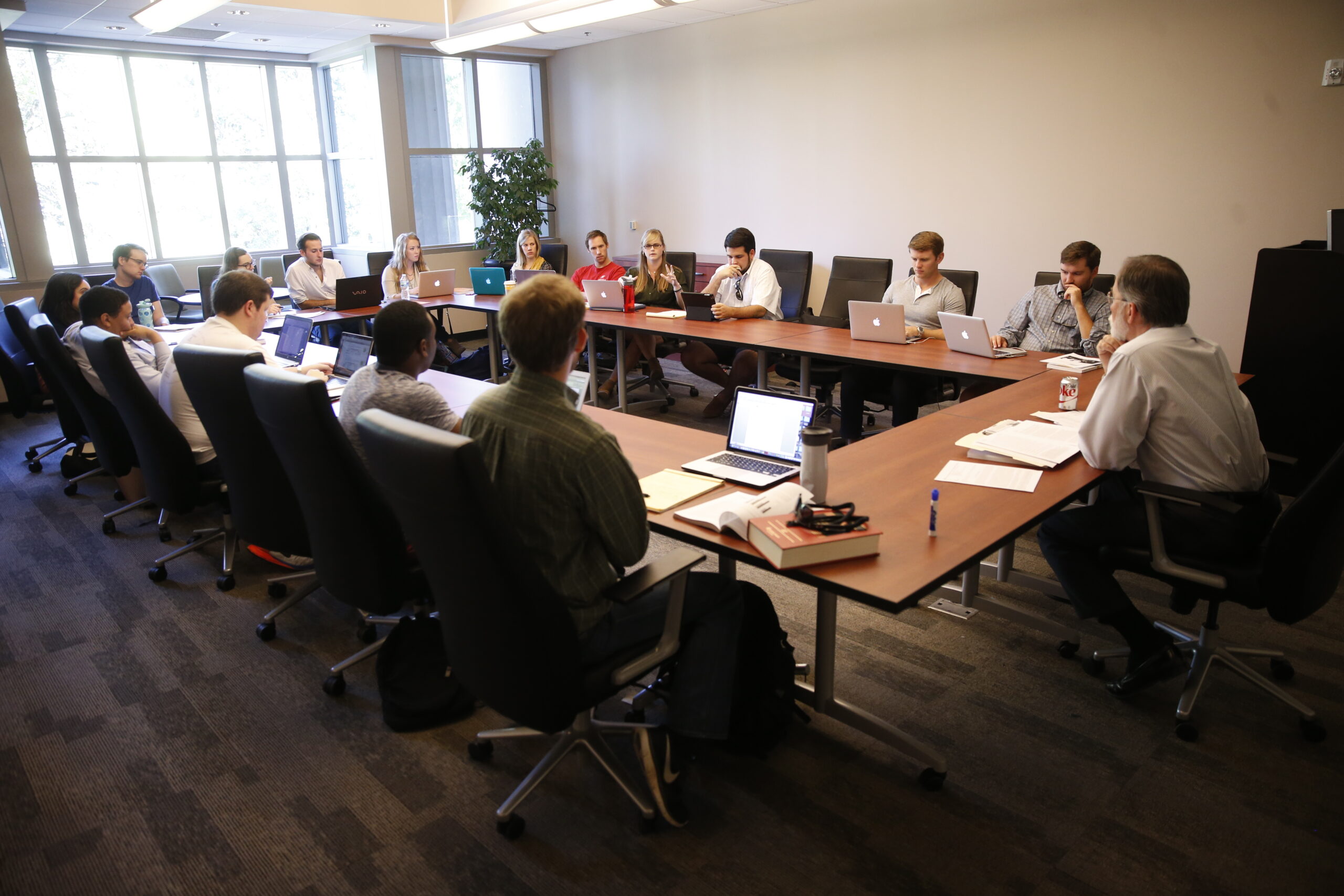About the Project
The Project on Industrial Policy and Economic Security seeks to advance the study of the law, history, and political economy of industrial policy and economic security. Scholars and policymakers in the neoliberal era focused on trade liberalization, objected to domestic industrial spending in favor of market-allocations, and largely ignored the status of state capacity for advancing IPES policies.
With concerns about fragile supply chains during COVID, the rise of China, and the war in Ukraine, Administrations and leaders in both political parties have supported industrial policy and economic security initiatives. These include President Trump's use of trade sanctions and the DPA for COVID materials and President Biden's use of export controls and legislation to secure and spur domestic semiconductor production. The Project on IPES aims to facilitate study on IPES legal and policy issues; build a network and pipeline of scholars and experts; and advance public policy and public narratives about IPES.
